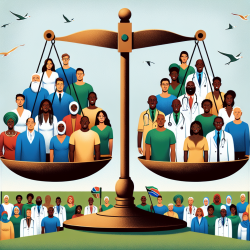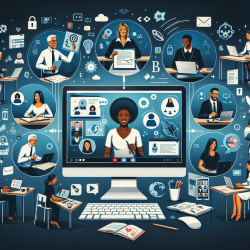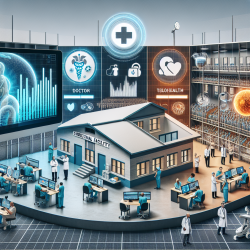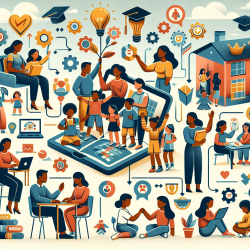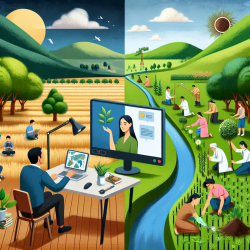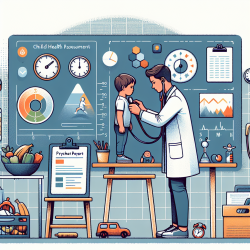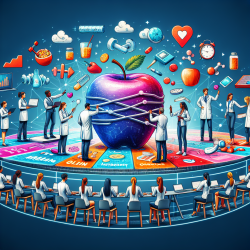In the realm of health advocacy, understanding the intricate dynamics of gender and power is crucial. The research article "Missing knowledge of gendered power relations among non-governmental organisations doing right to health work: a case study from South Africa" sheds light on the gaps in gender awareness within organizations advocating for health rights. This blog aims to help practitioners improve their skills by implementing the outcomes of this research or encouraging further exploration.
The Importance of Gender Awareness in Health Advocacy
Despite two decades of democracy, South Africa continues to grapple with significant health inequalities. Gender roles and norms often exacerbate these disparities, influencing individuals' vulnerability and access to healthcare. The research highlights that even organizations dedicated to women's health may overlook gendered power dynamics within their structures.
The Learning Network for Health and Human Rights (LN) serves as a case study in this research. Although committed to advancing health rights, LN members displayed varying levels of understanding regarding gendered power relations. This discrepancy suggests that gender issues are often rendered invisible, impacting advocacy efforts.
Key Findings from the Research
- Discrepancy in Understanding: There is a notable gap in knowledge about gendered power relations among LN members. This lack of understanding affects how these organizations advocate for health rights.
- Gender Invisibility: Many organizations fail to recognize the systemic nature of gendered power dynamics, focusing instead on individual relationships or biological differences.
- Impact on Advocacy: Without addressing gendered power relations, organizations risk being gender-blind, which can hinder their effectiveness in promoting health rights.
Practical Steps for Practitioners
To enhance your advocacy efforts and address the gaps identified in the research, consider the following steps:
- Increase Gender Literacy: Educate yourself and your team on the differences between sex and gender. Understand how these concepts influence health outcomes and access to care.
- Adopt a Feminist Lens: Incorporate feminist perspectives into your work to better understand and challenge systemic gender inequalities.
- Create Inclusive Programs: Design programs that address not only women's issues but also engage men and consider the needs of transgender and gender-diverse individuals.
- Develop Training Toolkits: Use toolkits that explain key concepts such as sex vs. gender, gendered power relations, and equality in decision-making. These resources can guide training sessions and community outreach efforts.
- Encourage Reflective Practices: Regularly assess your organization's approach to gender issues. Encourage open discussions about how gender dynamics impact your advocacy work.
The Role of NGOs in Advancing Health Rights
Civil society organizations play a pivotal role in advocating for human rights and promoting gender equality. By increasing their understanding of gendered power relations, these organizations can more effectively influence policy changes and address health disparities.
The research underscores the need for NGOs to integrate gender awareness into their programs actively. By doing so, they can move beyond stereotypes and address the root causes of health inequalities related to gender.
A Call to Action
The findings from this research are a call to action for practitioners and organizations alike. By embracing a deeper understanding of gender dynamics, we can enhance our advocacy efforts and work towards more equitable health outcomes for all individuals.
If you're interested in exploring this topic further, I encourage you to read the original research paper: Missing knowledge of gendered power relations among non-governmental organisations doing right to health work: a case study from South Africa.
